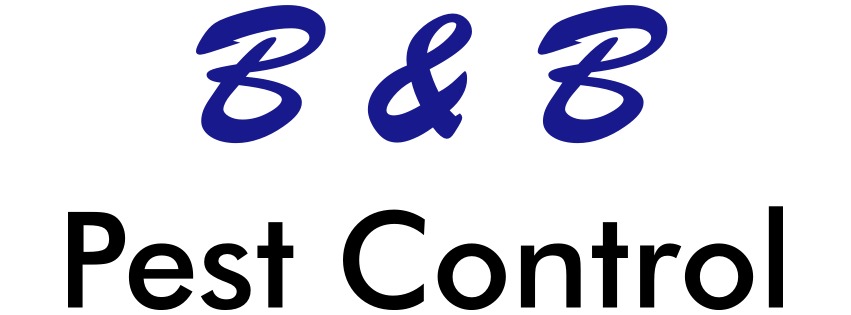Rats are huge pests that pose both a health and a property risk, being able to spread diseases and damage various areas of the home. As such, we’re constantly on the lookout for ways to prevent or deal with an infestation. One of these ways can be through smells. Rats have a very sensitive sense of smell, and if you can use the right odors, you can actually repel rats.
Natural smells
Natural smells are the most safe, but the weakest repellents that you can go for. However, they can still be effective when used right. Essential oils, especially peppermint oil, are pleasant to us, but repellent for rats. Studies have shown that homes that have a peppermint scent are less likely to have rat infestations than those with a neutral smell. Other natural smells that can be used include chili powder, eucalyptus and citronella.
Chemical smells
Not all chemical smells are created equal. Some store bought products are very effective at repelling rats, but they can also be toxic to humans and other animals. There are however very safe chemicals that you can use to keep rats out of certain areas. These chemicals include ammonia, bleach, and the naphthalene found in mothballs. You have to be careful with these as well, but they do not reach the same level of toxicity as other repellents.
Predator smells
Rats have a lot of predators, and they have to be on constant lookout if they want to survive out in the wild or indoors. Smells such as those of cats, raccoons and ferrets will terrify rats and drive them out of an area. These smells cause the rats to release large amounts of stress hormones, and prolonged exposure can actually be painful. So if you have a cat, you will have a walking rat repellent in your home.
Dealing with an existing rat infestation
If rats are already in the home, that means that they have found a location where they have access to shelter and plenty of food. At this point, it’s hard to get rid of them using repellents alone, because they will try their best to bypass them. This is when you need to move on to the control phase, where you have to use traps or poisons. If you would like to know more about what this entails, or if you need some extra help with the rats, contact us today.

